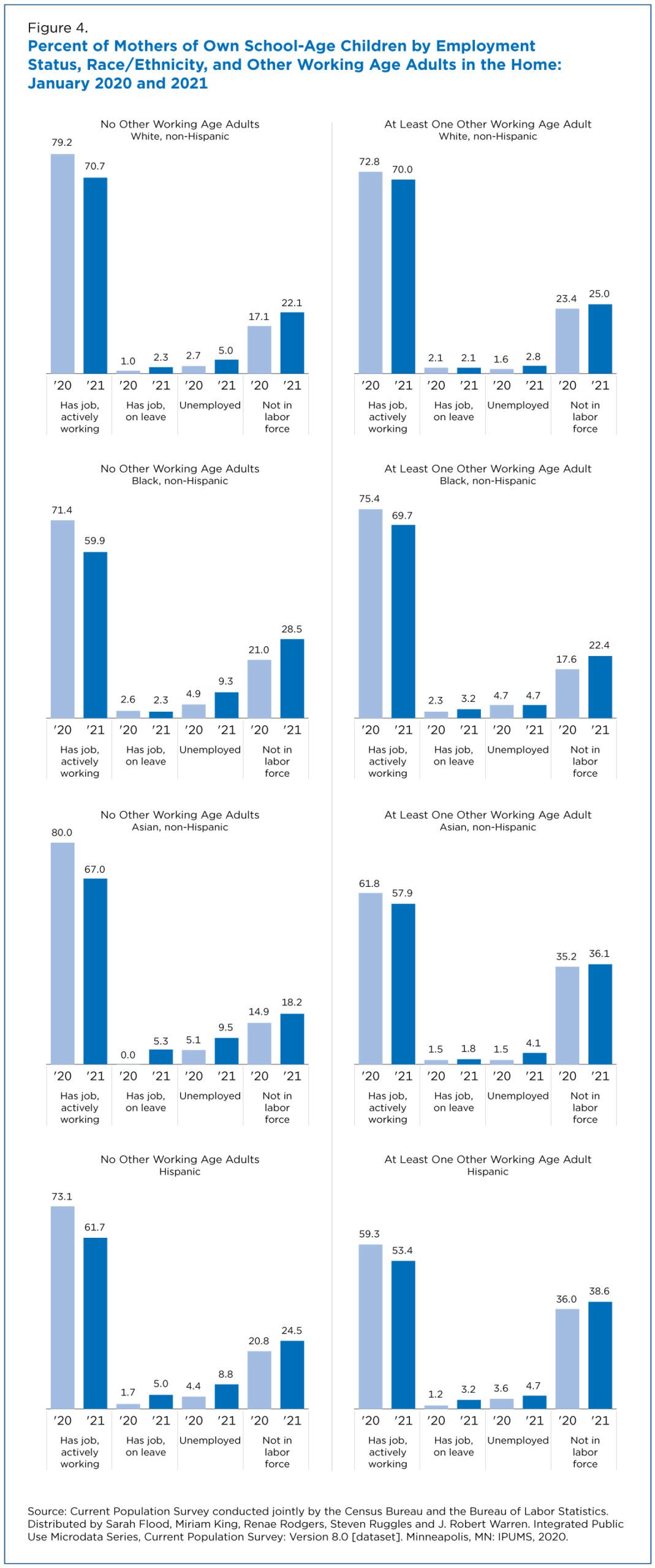Encouraging words from parents, friends, co-workers, and teachers/professors profoundly affect what we believe we can achieve. As a tenured faculty member, I could see my influence on students, but often not until the end of the semester or years later. As an adjunct faculty member, I did not think I would have much influence on students. However, I am excited to share that I was awarded the Distinguished Adjunct Award for the Program in Public Policy and Administration (PPAD), L. Douglas Wilder School of Government and Public Affairs, Virginia Commonwealth University. The Director of the PPAD program said I “helped several students view research through a different lens.”

Seeing through a different lens is challenging. It requires seeing the reality of others and seeing all that is possible when others have no or limited vision.
What does it mean to be a women
Lately, I have struggled with seeing the reality of others – namely mothers. As I have listened to conversations about the impact of COVID-19 and the recession on women, I have noticed that women is synonymous with mothers, and my response has been visceral.
I am so very tired of having to question my womanness. I am not white. So, am I a woman? I am not a mother. So, am I a woman?
Am I asking too much when I ask for language to be inclusive or that we are mindful of the bias hidden in the “aggregate” – women, Asians, etc.?
In the midst of my anger about yet another way I am not seen, I felt guilty because it is not “childless women” vs. “mothers.” The pandemic has created both common and unique challenges for these women. A common challenge faced by both groups is family care.
A recent study by the U.S. Census Bureau on mothers of school-age children found that across race and ethnicity, a higher percentage of mothers in households with no other working-age adults had higher declines in employment and labor force participation than mothers in households with other working-age adults.
I am alarmed by this finding.
How are these families surviving? Are these families more vulnerable to food insecurity, homelessness, and/or poverty? Are these mothers and children safe and healthy?
I fear that these families will become invisible like others in our society who have fallen on hard times.
If you know a mother struggling to care for her family, provide a random act of kindness.
Let her know you see her.
Be well,
Rhonda
P.S. If you enjoyed the email from Himaja last week, please let her know.



